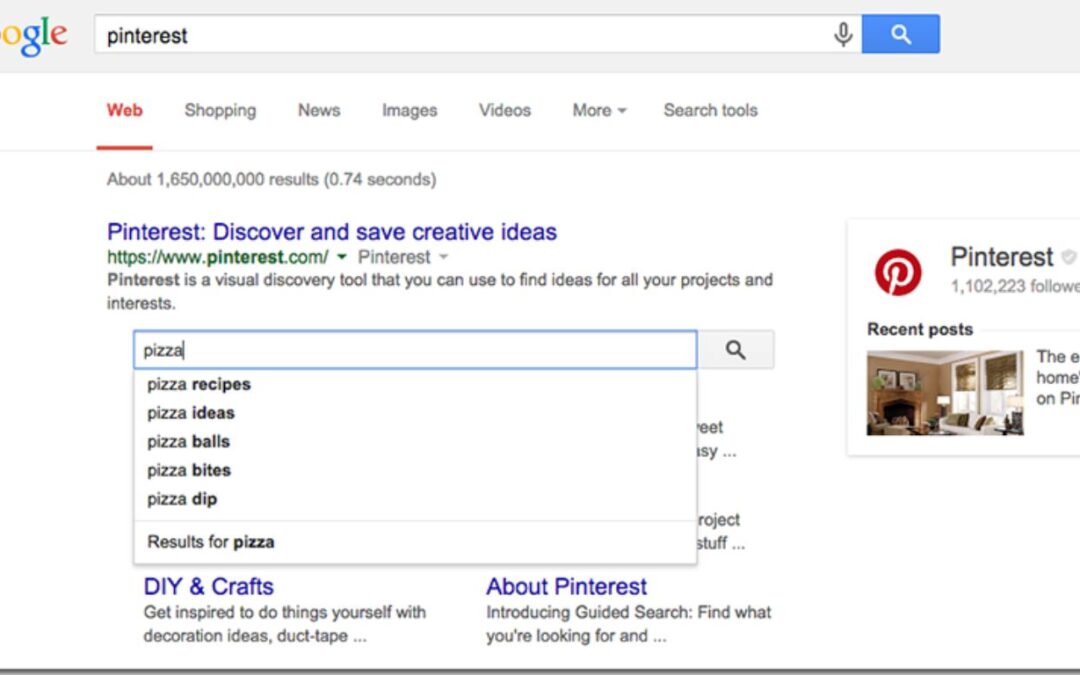Google has revealed plans to discontinue its sitelinks search box feature on November 21, 2024. This decision marks the end of a search results element that has been present for nearly a decade.
Key Points:
- The sitelinks search box will be removed from Google search results
- This change will not impact search rankings or other sitelinks
- Websites can keep existing structured data without issues
What’s Changing?
Introduced in 2014, the sitelinks search box allowed users to conduct site-specific searches directly from Google’s results page. It typically appeared when searching for well-known brands or websites.
Google emphasizes that this update is purely visual and will not affect:
- Website search rankings
- The display of other sitelinks
- Overall site visibility in search results
- Implementation Details
- The change will roll out globally across all languages and regions
- It will not be listed in the Search status dashboard, indicating it’s not a major algorithmic update
- Impact on Search Console and Rich Results Test
Following the removal, Google plans to update its webmaster tools:
- The Search Console rich results report for sitelinks search box will be discontinued
- The Rich Results Test will no longer highlight related markup
- Structured Data Considerations
While webmasters can remove sitelinks search box structured data from their sites, Google states this isn’t necessary. Unsupported structured data won’t cause issues in Search or trigger errors in Search Console reports. It’s important to note that ‘WebSite’ structured data, used for site names, remains supported.
Historical Context and Future Outlook
The sitelinks search box was launched in September 2014 to help users find specific content within websites more efficiently. It supported features like autocomplete and allowed sites to implement schema markup for better integration with their own search functionality.
While no immediate action is required, website owners and SEO professionals should be aware of this change. As search evolves, staying informed about updates to Google’s features and best practices remains crucial for maintaining strong organic visibility.

